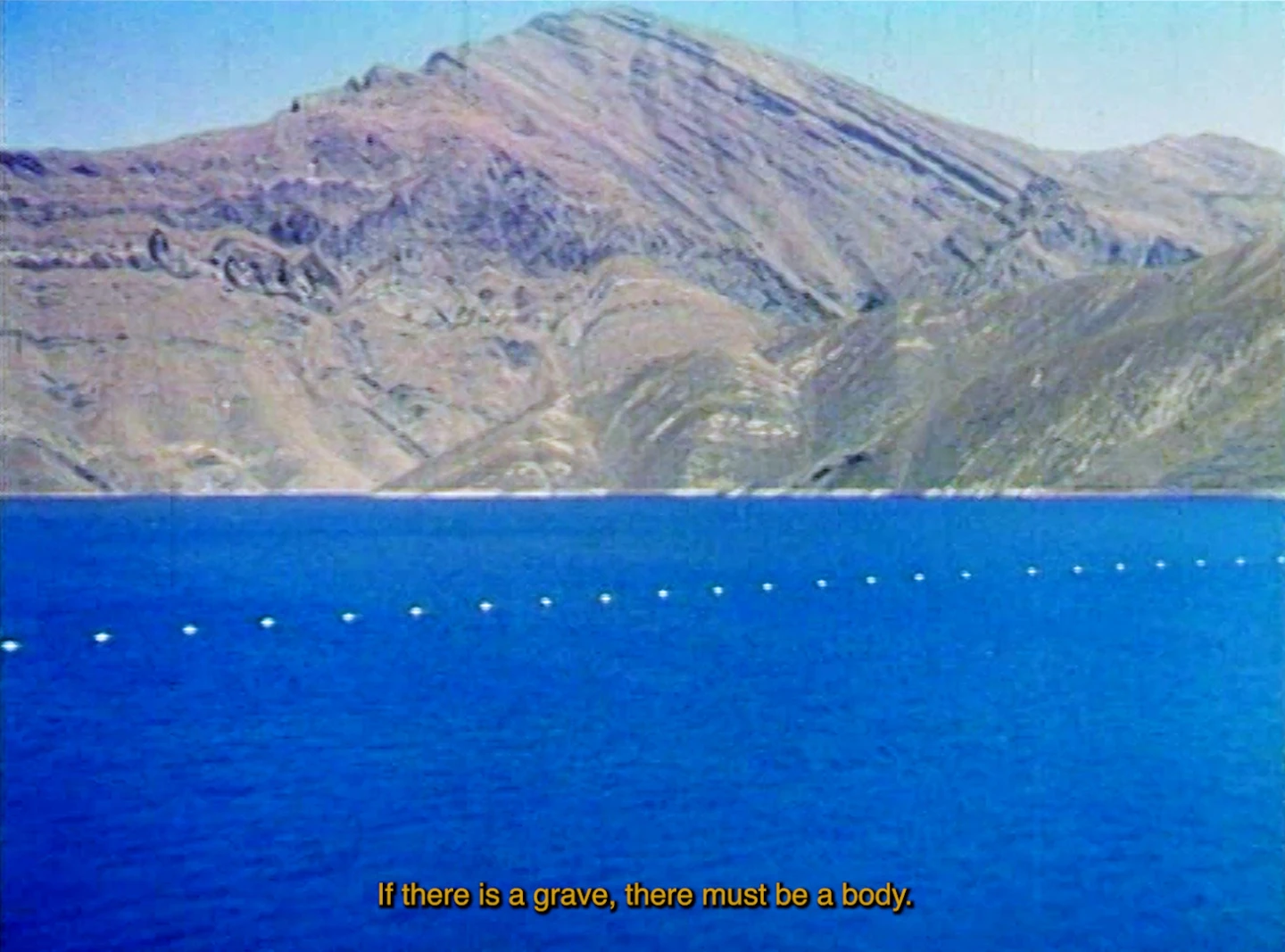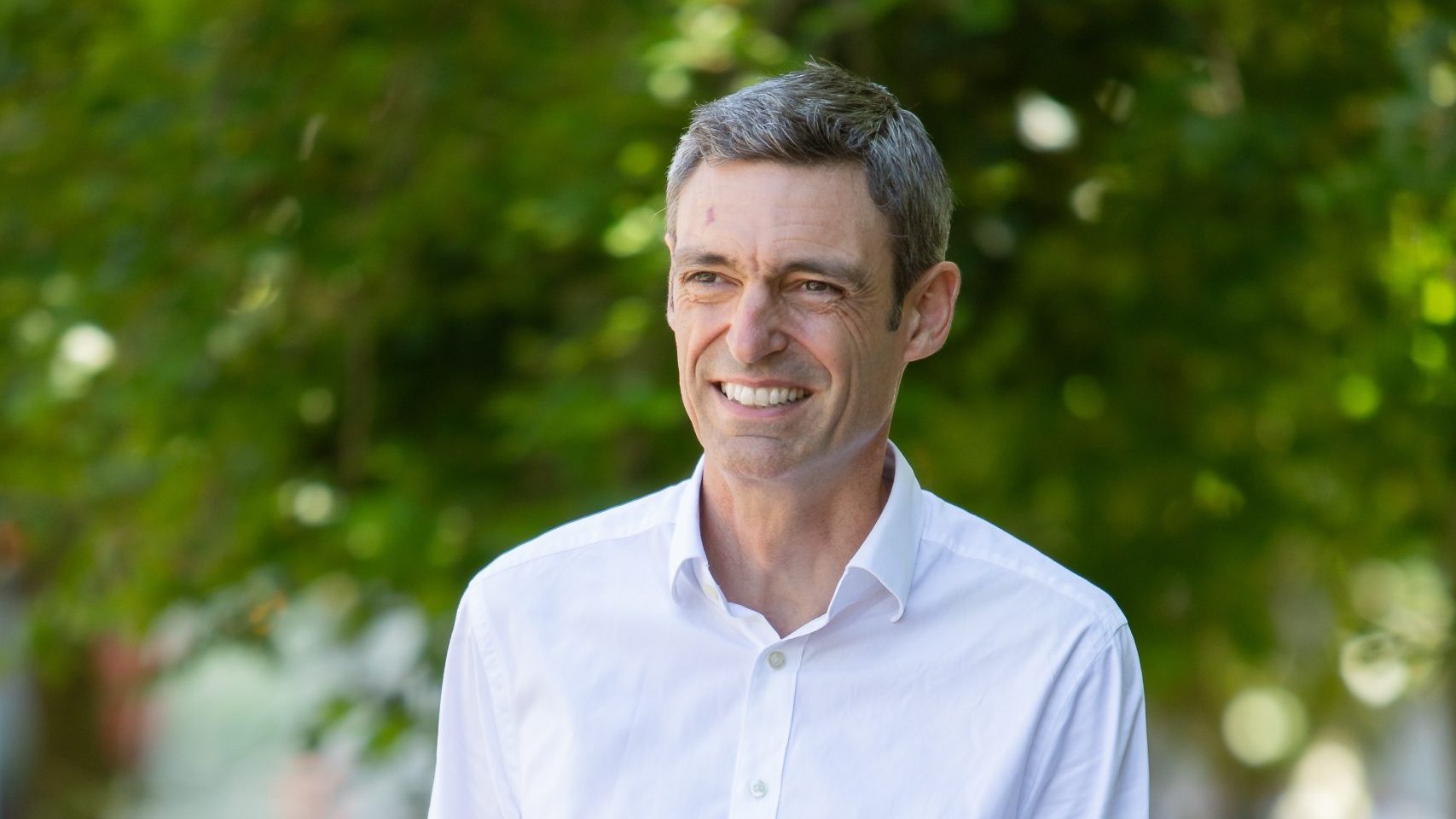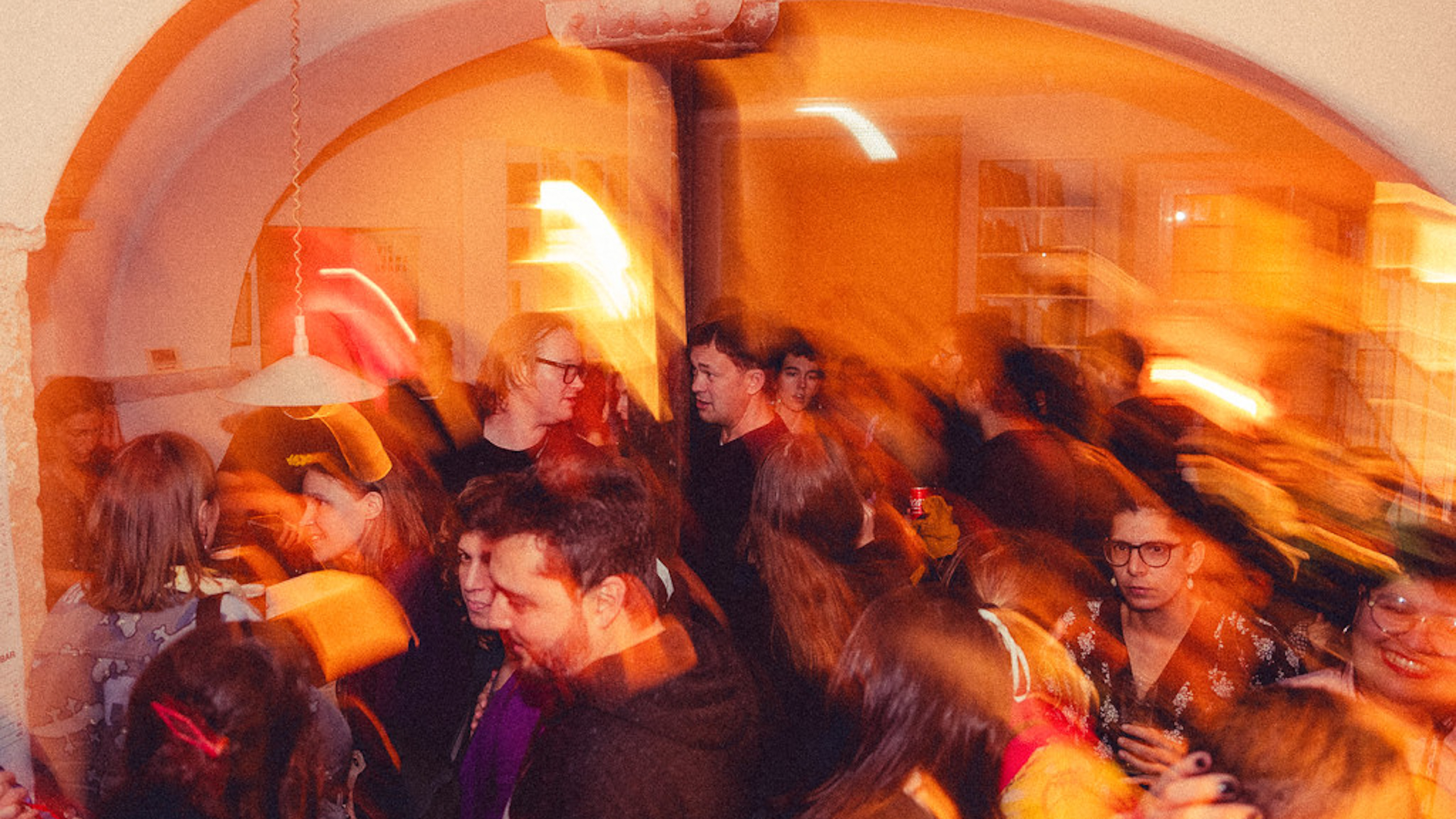The director of ICAA – Instituto de la Cinematografía y de las Artes Audiovisuales, Ignasi Camós Victoria, takes a portrait of the documentary sector. Spain is the Guest Country of Doclisboa 2024.
In 2003, the documentary ‘La pelota vasca’ was at the centre of a huge controversy that would generate polarised public opinion and political mobilisation for and against this film production that dealt with the socio-political situation in the Basque Country. The following year, Casimiro Torreiro wrote for Doclisboa that, until the 1990s, ‘documentaries had been a minority phenomenon’ with an ‘irrelevant’ commercial impact. How has the documentary context evolved in Spain since?
Documentary film is currently in very good health and is clearly growing in Spain. Within the framework of the SSIFF San Sebastian International Film Festival we held a debate session to assess the strengths and weaknesses of the documentary sector in Spain, taking into account that it is a field that is clearly expanding.
Spanish filmmakers have broadened their horizons and have begun to work on new formats, themes and non-fiction narratives. Today, the range of documentary and non-fiction products is
as wide and rich as that of fiction in Spain.
In addition, the Spanish Ministry of Culture provides specific support for the production of documentaries. Specifically, we offer a line of aid for the production of feature films with special cinematographic, cultural or social value, of a documentary or experimental nature, which encourage the incorporation of new filmmakers and the use of innovative technologies, and which combat the gender gap. Specifically, these grants allocate between 15% and 25% of the budget, of the total budget of 30 million euros, to documentary projects.
In that regard, how can cooperation between Portugal and Spain contribute to a favourable evolution of the documentary industry?
Portugal is our neighbouring country and therefore, it seems organic to co-produce with the bordering countries with which we share cultural and natural features (locations, etc.). We believe that we can be very strong allies, as shown by programmes such as Ibermedia, in which these alliances are already a matter of course.
What’s the importance of project development spaces that cross borders, like the residencies project promoted by Apordoc, RAW: Arché > Work, that propose to its ibero-american and italian participants the participation in workshops in festivals such as Doclisboa (Lisboa) and Márgenes (Madrid)?
At the ICAA, we strongly believe in cross-border development laboratories as a launching pad for new talent. We consider it essential to have the point of view of professionals from other countries, in this case from the Ibero-American region, who always contribute new cultural and narrative components. Likewise, the development workshops are an essential part of professionalising a key sector in the cultural industries.
As part of the ‘Portugal – Spain. 50 años de cultura y democracia’ (50 years of culture and democracy), and in close collaboration with the ICAA, Doclisboa will organise a talk dedicated to domestic archives and how they mirror, and even shape, a country’s identity and history. What other initiatives does the ICAA have planned within the framework of this initiative until the end of 2024?
The programme ‘Portugal-Spain 50 Years of Culture and Democracy’ is part of the eighth edition of Mostra Espanha, the biennial festival of Spanish culture promoted in Portugal by the Ministry of Culture, which between September and November is deploying an extensive programme of more than 40 cultural activities in different Portuguese cities, with the aim of showing the dynamism and creativity of the Spanish cultural industries at the present time, including music, theatre, visual arts and, of course, cinema. Given the extensive agenda, it is best to consult the activities here.





